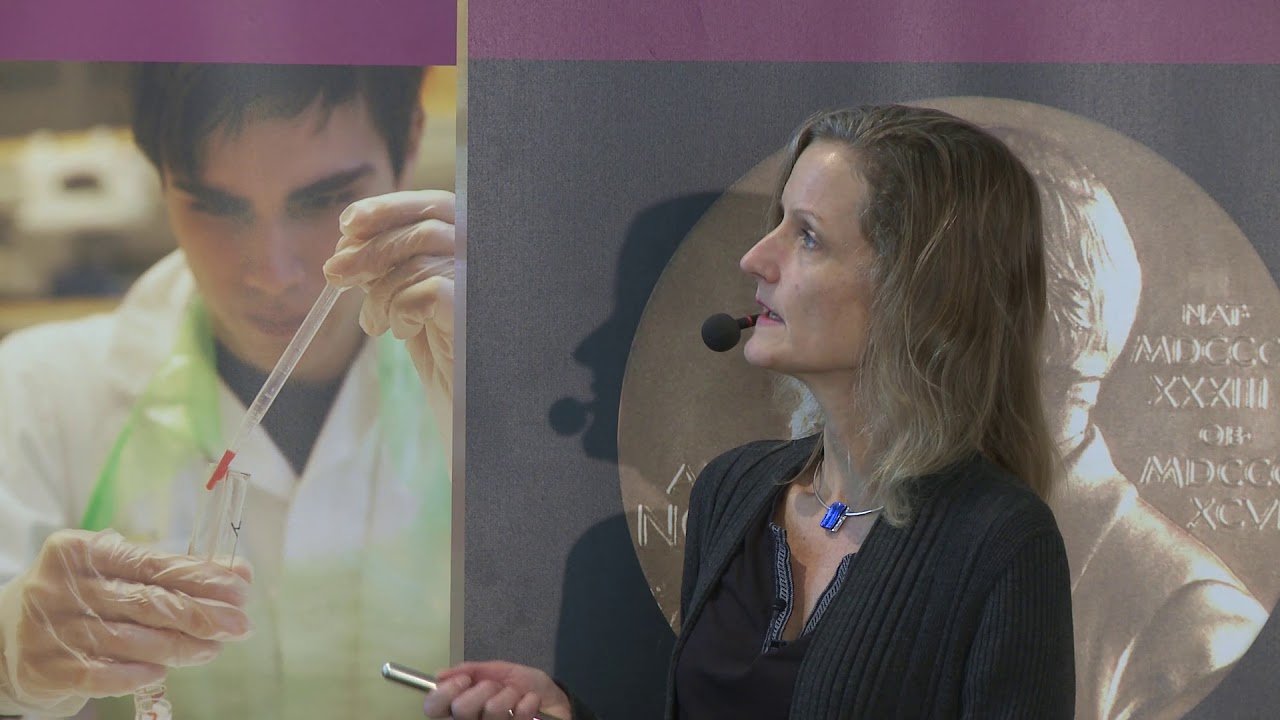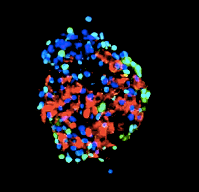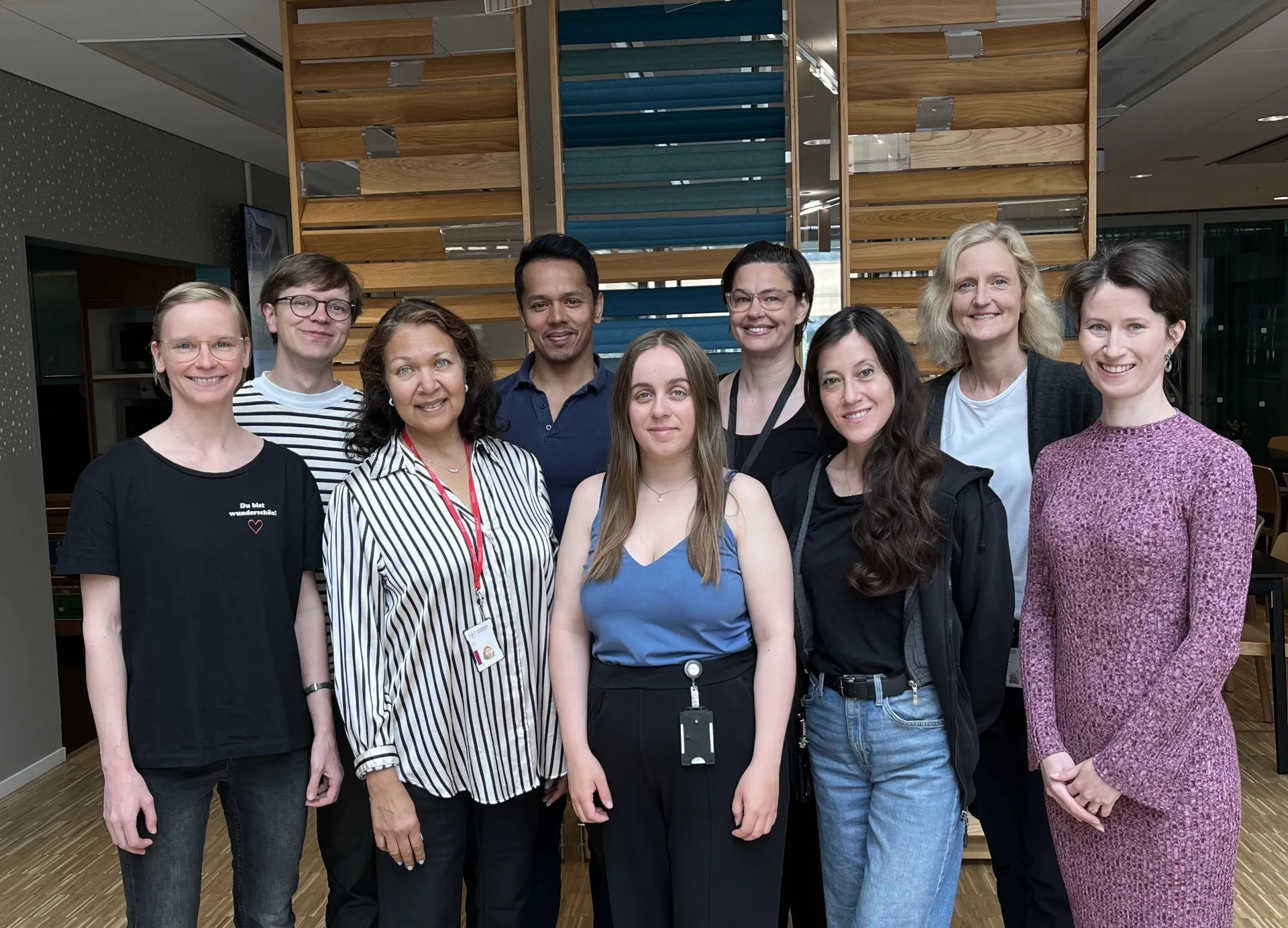Our research
Type 1 diabetes is the most common, chronic and life-threatening disease in children. About 1/200 people suffer from the disease in Sweden. Malin Flodström-Tullberg's research group focuses on understanding the etiology and pathogenesis of the disease. The research group is engaged in finding disease causes and contributing to the development and preclinical testing of new disease interventions.
The group studies genetic, environmental and pancreatic beta cell intrinsic factors and how these affect the immune system and contribute to disease development. Of particular interest is the role of the environment including microbial diversity and infections with common viruses, so-called enteroviruses, in the disease process. The group has participated in the generation of and performed preclinical tests of new enterovirus vaccines which are now in phase I trials. In recent years, the group has become interested in disease biomarkers, in particular non-invasive measures to detect beta cell damage, and has built a strong platform for such studies.
The group is also studying altered endocrine and immune functions in the disease Cystic Fibrosis.
Projects
The group is actively running several projects, many of which are in collaboration with other national and international research groups.
The main projects of the research group are:
- Exploring environmental and viral triggers, including enteroviruses, in type 1 diabetes.
- Investigating interferon signaling in type 1 diabetes pathogenesis.
- Defining Coxsackievirus-induced beta cell damage and identifying novel biomarkers.
- Developing and evaluating enterovirus vaccines and antivirals.
- Testing non-invasive sampling tools to detect disease biomarkers.
- Studying endocrine and immune dysfunction in Cystic Fibrosis.
Open positions
We are always interested in recruiting talented PhD students and postdoctoral fellows. Feel free to contact Group leader Malin Flodström-Tullberg for further information on current opportunities.
Meet Professor Malin Flodström-Tullberg

Get inspired by a Professor - Malin Flodström-Tullberg
Collaborations
Karolinska Institutet
- Karin Loré, Department of Medicine Solna (MedS).
- Lena Hjelte, Stockholm Cystic Fibrosis Centre, Karolinska University Hospital Huddinge, CLINTEC.
- Nagihan Bostanci, Department of Dental Medicine (Dentmed).
- Samir El Andaloussi, Department of Laboratory Medicine (Labmed).
- Susanne Gabrielsson, Department of Medicine Solna (MedS).
National
- Lena Eliasson, Department of Clinical Sciences, Lund University.
International
- Aki Sinkkonen, University of Helsinki, Finland
- Charles Rice, Rockefeller University, New York, US
- Heikki Hyöty, University of Tampere, Finland
- Ivan Gerling, University of Tennessee, US
- Minna Hankaniemi, University of Tampere, Finland
- Noel Morgan, University of Exeter, UK
- Roberto Mallone, Institut Cochine, Paris, France
- Sarah Richardson, University of Exeter, UK
- Varpu Marjumäki, University of Jyväskylä, Finland
- Vesa Hytönen, University of Tampere, Finland
Network for Pancreatic Organ Donors with Diabetes
Follow us on X
 Photo: Mizter x94 from Pixabay
Photo: Mizter x94 from Pixabay
